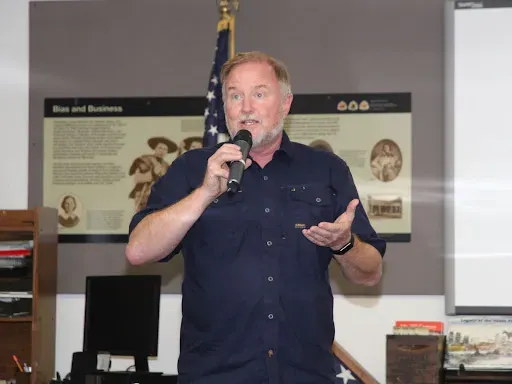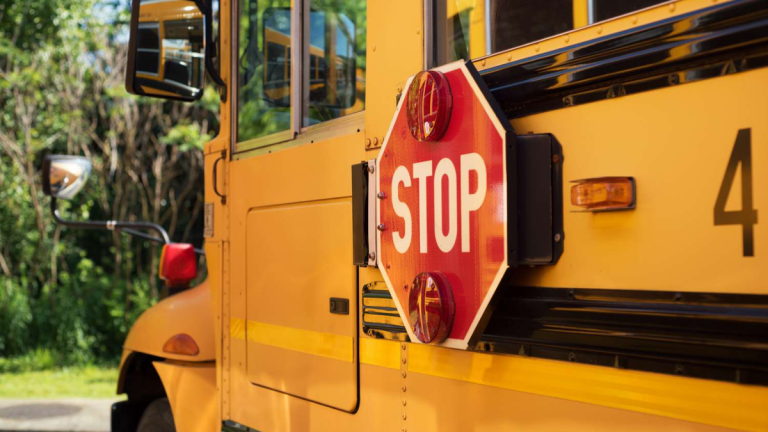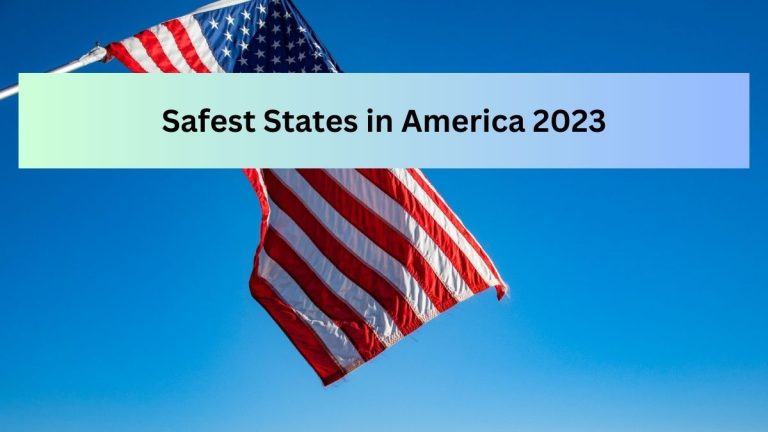Jackson County voters reject additional county taxes, saying “Enough!”
Max Goodwin is the author of the paragraph.
Jackson County voters have made their decision regarding the use tax for goods bought outside the county without sales tax. The voters have rejected the proposal that would have imposed the same tax rate as the local sales tax. The decision was made on Tuesday, and it is final.
Online retailers without a physical presence in the state would have been subject to the use tax. This tax was intended to finance road and bridge construction, provide financial assistance to homeless persons, and support renovations to the Jackson County courthouses.
According to the latest figures, 59.2% of voters, or 34,043 individuals, voted against the tax, while 40.8%, equating to 23,478 voters, approved the use tax. This result has been interpreted by some as a message to Jackson County Executive Frank White Jr., indicating that the recent property tax assessment, which resulted in significant increases in valuations across the county, has left many residents feeling discontent.
After the announcement of the results, Manny Abarca, a legislator in Jackson County, expressed his thoughts on the matter via text message. He pointed out that the tax increases imposed by Frank White had a negative impact on the county’s initiatives, which in turn has damaged the reputation of the county. It is evident that the effects of these tax increases have caused long-term damage that will take considerable time to repair.
“When people are ready to compromise on resolving issues like homelessness or deteriorated roads and bridges in their locality, it indicates that there is a significant problem. However, I did come across some recall petitioners during my visit to various Kansas City polling sites today, and I assume that a similar number of them were present in Eastern Jackson County as well.”
The citizens residing in Kansas City have given their seal of approval to the measure with an impressive margin of 64.3% in favor and 35.7% against. However, those living in other areas of Jackson County did not share the same enthusiasm as they opposed the measure by a margin of 74.25% to 25.75%. Voter turnout was recorded at 10.45% in Kansas City and 14.7% in the rest of Jackson County.
In May, six out of nine Jackson County legislators voted to place a question on the August ballot. However, Frank White Jr. advised them to wait until the November election. Despite the deadline passing for the August ballot, White did not sign the measure. The legislature clerk instructed the Kansas City Election Board and Jackson County Election Board to include the measure on the August ballot, but a judge later ruled that she did not have the legal authority to do so.
White’s wish for the use tax to be on the November ballot was granted instead of August, but it appears that he underestimated the frustration of the electorate. On Tuesday, voters made it clear that they have had their fill of tax increases in Jackson County.
Sean Smith, a legislator from Jackson County, expressed his confidence in the choice made by the voters. According to him, the county has been facing several challenges related to assessments and other issues, which is why it is crucial to gain the trust of the voters before proposing any new revenue sources. He believes that the voters have made the right decision and that the county should focus on building trust with them.
The importance of fiscal responsibility cannot be overstated in any county as it serves as the bedrock for efficient governance. As one prominent figure aptly put it, “Fiscal responsibility is fundamental in the county and has to form the foundation of quality government.” This statement highlights the crucial role of financial prudence in ensuring that public resources are utilized judiciously for the benefit of all stakeholders. Therefore, any responsible government must prioritize fiscal responsibility and incorporate it into their policies and practices.
According to Smith, there is a pressing need for Jackson County to revamp its assessment and appeal process in the coming years.
Smith acknowledged the difficulty of the process, which has affected over 50,000 individuals. He expressed concern about the burden of asking these individuals for additional funds, especially during an off-cycle election where voter turnout may be low. Smith also noted that a significant portion of those who turned out for the election were likely those who were unhappy with their assessments.
More News:







